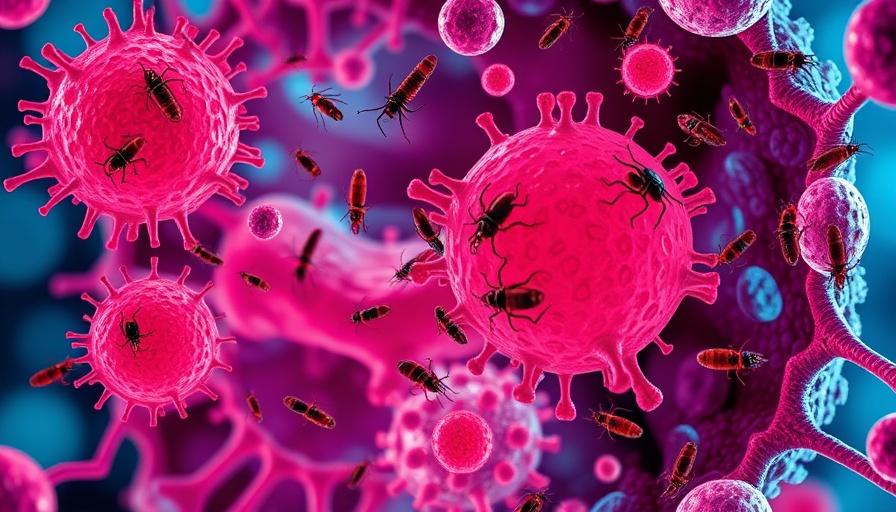
Mouth Health: The Gateway to Overall Well-Being
When most of us think about our health, we often focus on the activities we can engage in—like exercising or eating right. However, oral health has a pivotal role in determining our overall health. Research consistently shows that maintaining good dental hygiene can prevent a range of ailments, thus supporting the idea that a healthy mouth leads to a healthy body.
The Connection Between Oral Health and Systemic Diseases
It's crucial to understand how oral health impacts systemic health. The mouth is home to billions of bacteria, some of which are beneficial while others can be harmful. Poor oral hygiene can lead to gum disease, which has been linked to serious conditions such as heart disease and diabetes. In fact, individuals with periodontal disease are more likely to suffer from cardiovascular issues. Addressing dental issues promptly is not merely about keeping your smile bright; it’s about safeguarding your overall health.
A Holistic Perspective on Dental Care
Holistic dental practices prioritize well-being by integrating natural approaches and emphasizing preventive care. This methodology reflects a broader understanding that the human body is interconnected and that oral health is a critical component of wellbeing. For instance, holistic dentists may recommend natural remedies and dietary adjustments to improve oral health, reducing reliance on conventional medications that can have side effects.
Prevention Is Key: Routine Care Steps
To maintain a healthy mouth, regular check-ups and cleanings are vital. Dentists often highlight the importance of brushing twice a day, flossing daily, and visiting a dentist at least twice yearly. Moreover, it is essential to educate patients about avoiding sugary snacks and beverages, as these are significant contributors to tooth decay.
Making Informed Decisions About Oral Care
With so much information available regarding oral health, it’s essential to discern what’s beneficial. Utilizing evidence-based resources and consulting qualified dental professionals can help individuals make informed choices about products they use and treatments they undergo. Additionally, understanding the ingredients in oral care products can significantly affect one's health.
Emotional and Mental Health Connections
The link between oral health and wellness extends beyond physical health. Studies show that individuals with poor dental health experience higher levels of anxiety and depression. The discomfort and embarrassment caused by dental problems can lead to social withdrawal, impacting mental wellbeing. Thus, taking care of one's teeth can also promote a robust emotional state.
Community Health Initiatives
Communities are beginning to recognize the importance of oral health in improving overall health outcomes. Various initiatives aim to provide access to dental care for underserved populations. By emphasizing education and preventive care through community health programs, we can substantially impact the future of public health.
Future Predictions: A Greater Focus on Holistic Health
As we advance, the shift towards a more integrated approach to healthcare will likely gain momentum. The correlation between oral and systemic health will become increasingly recognized within medical communities. Patients will benefit from comprehensive treatment plans that address oral health as a crucial contributor to physical and mental wellness.
Conclusion: Bridging the Gap Between Mouth and Body Health
In conclusion, understanding the intricate relationship between oral health and overall wellness is essential. As we emphasize the importance of a healthy mouth, we must also advocate for a holistic approach to our bodies. By prioritizing dental care and viewing it as an integral part of health, we can take necessary steps towards improving our quality of life.
 Add Row
Add Row  Add
Add 



Write A Comment